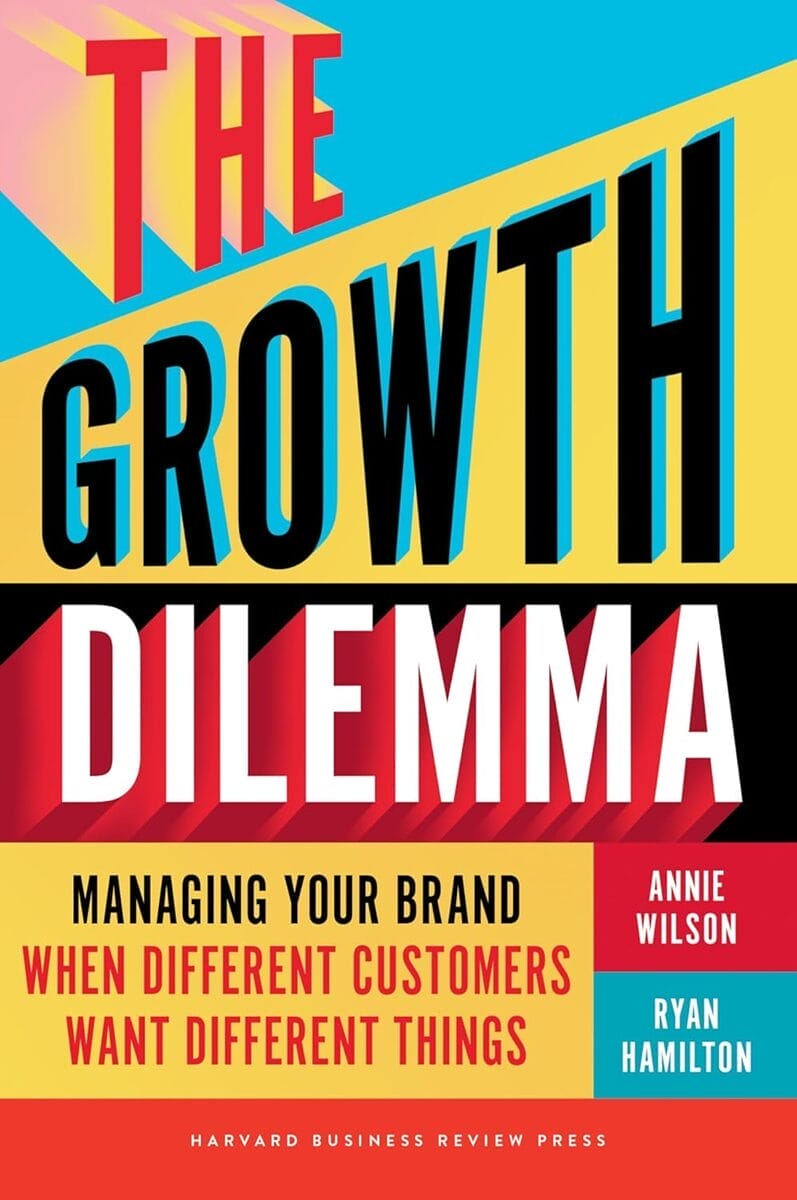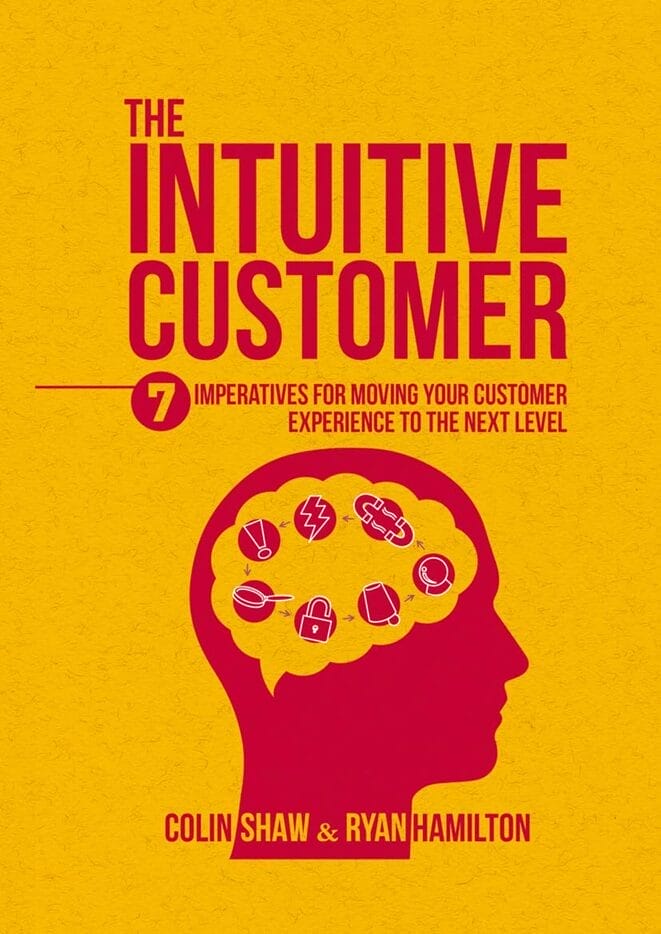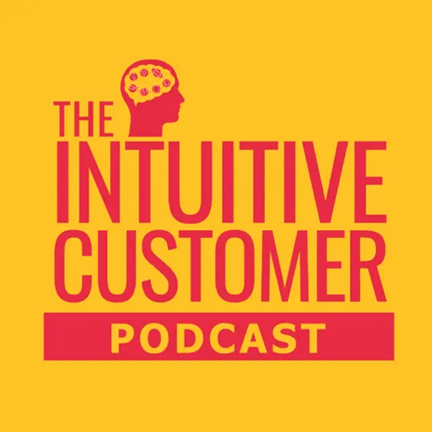Videos
Learn More About Ryan Hamilton
Ryan Hamilton is an associate professor of marketing at Emory University’s Goizueta Business School. He received his Ph.D. in marketing from Northwestern University’s Kellogg School of Management. He is an award-winning teacher and researcher whose findings have been published in some of the top peer-reviewed journals in marketing and psychology, and covered in Harvard Business Review, The New York Times, The Wall Street Journal, USA Today, The Financial Times and CNN Headline News. He has consulted on matters of pricing, branding, and customer experience with Walmart, FedEx, Home Depot, Caterpillar, ConAgra, Cigna, Visa, Estee Lauder and Ipsos, among others, and has been a keynote speaker and trainer on various topics in marketing and decision-making to groups as varied small business owners, lawyers, advertisers, accountants, and librarians.
Hamilton is the co-author of “The Growth Dilemma: Managing Your Brand When Different Customers Want Different Things” (Harvard Business Review Press, June 2025), which explores the difficulty of managing the diverse needs of customers as brands grow. For the last 8 years he has co-hosted a podcast called The Intuitive Customer, which applies the insights from consumer psychology to effectively managing customer experiences.
Hamilton has also produced two popular lecture series for The Great Courses, a company that produces educational and entertaining college-level lectures by professors selected “exclusively for their ability to teach.” For his first course, Ryan taught the marketing component of “Critical Business Skills for Success,” an overview of the core business school curriculum. His second course, “How You Decide: The Science of Human Decision Making,” takes a practical approach to understanding all the factors that can influence how people make choices.
Hamilton has an eclectic background that includes both an undergraduate degree in physics and time spent performing stand-up and sketch comedy. In his spare time, such as it is, he is a woodworker. He has never run a marathon and has no intention of ever doing so.
Ryan Hamilton is available to advise your organization via virtual and in-person consulting meetings, interactive workshops and customized keynotes through the exclusive representation of Stern Speakers & Advisors, a division of Stern Strategy Group®.
The Growth Dilemma
As brands seek to grow by attracting new customers, are leaders taking into account that every new customer segment has different needs and preferences? According to Emory University Goizueta Business School marketing professor Ryan Hamilton, as new segments are added to the customer base, brands face the challenge of managing both the relationship between the brand and its customers, and between the unique customer segments. In this eye-opening presentation based on his latest book “The Growth Dilemma,” Hamilton shows that when correctly managed, customer segments create growth that is cheaper, safer and more enduring. Introducing a new business discipline – Customer Segment Relationship Management (CSRM) – he emphasizes the importance of focusing on understanding how customer segments will interact with each other. Audiences will learn how properly managed customer segments create opportunities for multiplicative growth. Attendees also gain strategies for identifying different sources of tension, how to avoid “the conflict zone,” and how to escape it if necessary.
Building a Better Brand
Often, marketers focus on the tactics of brand building rather than rooting their brands in marketing strategy. But, according to Goizueta Business School marketing professor Ryan Hamilton, brands are so much more than a list of creative decisions – like what colors, fonts and logos to use – that become codified in a file managed by the legal department. In this engaging presentation, Hamilton draws on his years of research on consumer psychology to argue that the best way to think of a brand is as a memory structure in the minds of customers. Using real-world examples from a range of brands as well as lessons from psychology research and practical guidance, Hamilton shows that managing a brand is really about managing customer memories. Attendees will learn how memories are formed and reinforced, how they can change over time, and how leaders can apply this knowledge to impactful and truly memorable brand building.
If Your Company Isn’t Using Values-Based Segmentation, It’s (Still) Doing It Wrong
Too often, firms are still segmenting their markets largely on demographic, geographic and behavioral characteristics without getting to the root of what those segments actually want. According to Goizueta Business School marketing professor Ryan Hamilton, if your company’s segmentation efforts can’t answer questions like “What do they value?” “What problems are they trying to solve?” and “What drives their purchase decisions?” the whole point is being missed. In this presentation, Hamilton reveals that a common problem with demographic information is that it rarely diagnoses preferences. Efforts that focus on targeting broad groups such as Millennials or Gen Z deepen the disconnect, he explains. The solution Hamilton provides audiences with is to prioritize “values-based segmentation” – the grouping of people according to what they want, not what they look like. With new tools for deriving maximum insights about customers and a fresh understanding of how values-based segmentation intersects with demographic information, leaders return to their organizations newly empowered to pave the way toward reaching ambitious sales goals.
The Strategic Advantage of Understanding Habits
By some estimates, as much as 45% of customers’ shopping is habitual. How can understanding human habits apply to both business and personal improvement? According to Goizueta Business School marketing professor Ryan Hamilton, a working knowledge of how habits are formed and broken is highly relevant to many – including marketers looking to change consumer behavior, managers looking to shake employees out of unhelpful behaviors, and even ourselves when trying to figure out why it is so hard to go to the gym in the morning. In one of Hamilton’s most popular sessions, he will draw on the latest psychological research from consumer and non-consumer domains to provide audiences with various examples of the power of behavioral science. Illustrating key learnings on human habits and practical guidance from behavioral science, attendees will leave with immediately applicable strategies to leverage both into powerful marketing initiatives.
Navigating the AI Frontier: Strategy, Trust & Brand Integrity in a Personalized Era
How can companies leverage the power of AI without compromising their core strategy, consumer trust or brand identity? Businesses today are rushing to adopt AI tools for customer engagement, content generation and strategic insights. AI can be a powerful ally, says Ryan Hamilton, Goizueta Business School marketing professor, but only when businesses maintain intentional control over strategy, clearly define their brand’s meaning and understand how consumers emotionally respond to AI-driven interactions. In this presentation, Hamilton proposes a framework to help organizations capitalize on AI while safeguarding what matters most. Audiences leave with a better understanding of how to harness AI without losing control of their brand or their customer relationships, and how to drive sustainable growth with both innovation and intention.
Building a Culture of Experimentation
In order for an organization to benefit from experimentation, it must develop a series of hard skills: experimental design, statistical analysis and data interpretation. But often overlooked is the most important change an organization must make: developing a culture that embraces experimentation as a core value. In this keynote, Ryan Hamilton, Goizueta Business School marketing professor, makes a pitch for using the scientific method to improve decision making, walks through the common tripwires that cause organizations to fail in their attempts to implement experiments, and provides advice for culture change in a more experimental direction.
How AI Can Make Running Business Experiments Faster, Easier and Better
There are two main hurdles that keep businesses from taking full advantage of the scientific method. One is philosophical: understanding the power of experiments and the many types of problems they can solve. But, according to Emory University Goizueta Business School marketing professor Ryan Hamilton, even after everyone agrees that a more scientific approach to decision making is a good idea, the second hurdle of developing the tactical skills within an organization to design, build and deploy experiments remains. In this revealing presentation, Hamilton shows how artificial intelligence can come to the rescue, thanks to the fact that AI tools have made nearly every step in the experimental testing process more accessible. Hamilton presents practical advice for using generative AI to develop experimental stimuli, design experimental interventions, analyze and interpret data, and even run simulated experiments using AI in place of human respondents. Audiences will learn the limitations of AI in these contexts and will leave with strategies for overcoming organizational and cultural roadblocks that interfere with deploying experiments in business.

The Growth Dilemma: Managing Your Brand When Different Customers Want Different Things
(Harvard Business Review Press, June 2025)

The Intuitive Customer: 7 Imperatives For Moving Your Customer Experience to the Next Level
(Palgrave Macmillan, August 2016)
"Wilson and Hamilton have given us a way of getting serious about growing our customer base and our brand. 'The Growth Dilemma' provides a unique perspective on changing the way we see and understand customers. This is an invaluable read when you're in the thick of transforming a brand with history and legacy, and it provides critical insights for growth for any brand size."
"'The Growth Dilemma' is essential reading for any marketer trying to grow a brand and attract new customer segments. It offers a new perspective on customer segment psychology and management, and a fresh and actionable framework for understanding your brand's customer base and guiding growth strategies."
"Wilson and Hamilton bring fresh, practical insights to a critically important but surprisingly neglected topic—customer segment management. An invaluable addition to any marketer's tool kit, 'The Growth Dilemma' offers comprehensive, actionable advice to help marketers maximize synergies and minimize conflicts across their customer base."
"'The Growth Dilemma' redefines marketing with a fresh, consumer-centric model, encouraging us to think more deeply about the role our brands play in people's lives. Packed with memorable examples and unexpected humor, it's a rare business book that's genuinely enjoyable to read."
"'The Growth Dilemma' is a comprehensive manual for assessing growth opportunities and teaching the dos and don'ts of creating growth strategies. It's filled with both classic and contemporary examples and just the right amount of snark to keep you entertained. This book is a welcome addition to marketing courses for undergrads, MBAs, and executives."























